Unveiling the Power of Yacht Charters in Political Campaigns
Introduction: Navigating Towards Success
In the realm of political campaigning, every strategy counts. From grassroots efforts to high-profile events, campaigns strive to leave no stone unturned in their quest for success. However, amidst the flurry of traditional tactics, one avenue often overlooked is yacht charters (yacht charters Puerto Vallarta). At first glance, the connection between politics and luxury sailing may seem tenuous, but delve deeper, and you’ll uncover a wealth of opportunities waiting to be harnessed.
Setting Sail: The Allure of Yacht Charters
Captivating Exclusivity
Yacht charters offer an aura of exclusivity that resonates powerfully in the realm of politics. Imagine hosting a fundraising event aboard a luxurious yacht, with the shimmering waters as your backdrop and the gentle breeze as your ally. Such settings not only captivate donors but also lend an air of prestige to your campaign, elevating it above the ordinary.
Strategic Networking
In the world of politics, connections are everything. Yacht charters provide a unique environment for fostering meaningful relationships with key stakeholders, influencers, and potential supporters. Whether it’s a private meeting with high-net-worth individuals or a networking soirée with industry leaders, the intimate setting of a yacht fosters genuine connections that can drive your campaign forward.
Leveraging Yacht Charters: Practical Applications
Fundraising Galas
Picture this: A star-studded fundraising gala aboard a magnificent yacht, attended by prominent figures from business, media, and politics. With the glittering skyline as your backdrop, you have the perfect stage to showcase your vision and rally support for your cause. From silent auctions to live performances, the possibilities for fundraising aboard a yacht are as endless as the horizon.
Strategic Retreats
In the heat of a political campaign, it’s crucial to occasionally step back, regroup, and strategize. Yacht charters provide the ideal setting for strategic retreats, offering privacy, tranquility, and inspiration in equal measure. Whether it’s brainstorming sessions with your inner circle or team-building activities with campaign staff, a yacht retreat can reinvigorate your team and sharpen your focus for the battles ahead.
Media Opportunities
In today’s media landscape, capturing attention is half the battle. Yacht charters offer a visually stunning backdrop for media events, press conferences, and photo ops. Imagine the headlines generated by a press conference held against the backdrop of a sleek yacht, with the sun setting in the background. Such imagery not only grabs attention but also reinforces the narrative of your campaign as one of elegance, sophistication, and forward momentum.
Other related article: Exploring the Connection Between Our Subconscious and Political Beliefs
Conclusion: Charting a Course for Success
In the fast-paced world of political campaigning, innovation is key. By leveraging the power of yacht charters, campaigns can set themselves apart, capturing attention, forging connections, and advancing their goals with style and substance. From fundraising galas to strategic retreats, the possibilities are limited only by imagination. So, as you chart the course for your campaign’s success, consider the untapped potential that awaits on the open seas.

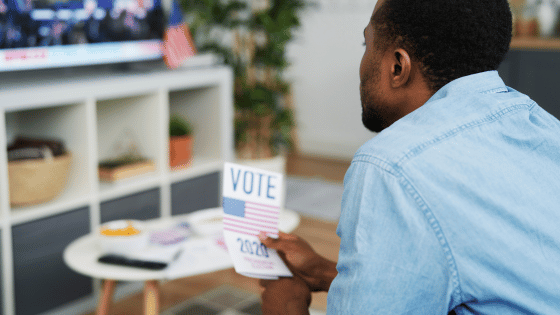


 The benefits of visualization is effectively demonrated by the so-called charismatic political leaders when engaged in public speaking to deliver a message. Their use of visualisation techniques enable them to hold the attention of the people who are truly interested in what they say.
The benefits of visualization is effectively demonrated by the so-called charismatic political leaders when engaged in public speaking to deliver a message. Their use of visualisation techniques enable them to hold the attention of the people who are truly interested in what they say.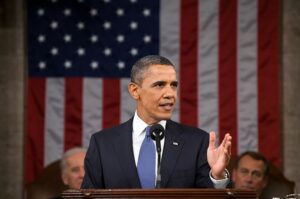 One of the most notable examples of a political figure who attracts, inspires and influences people is former US President Barack Obama, who was twice elected into the highest office of the land. Even now as an ordinary politician, his listeners hang on to everything he says to make sure they do not miss a single word.
One of the most notable examples of a political figure who attracts, inspires and influences people is former US President Barack Obama, who was twice elected into the highest office of the land. Even now as an ordinary politician, his listeners hang on to everything he says to make sure they do not miss a single word.

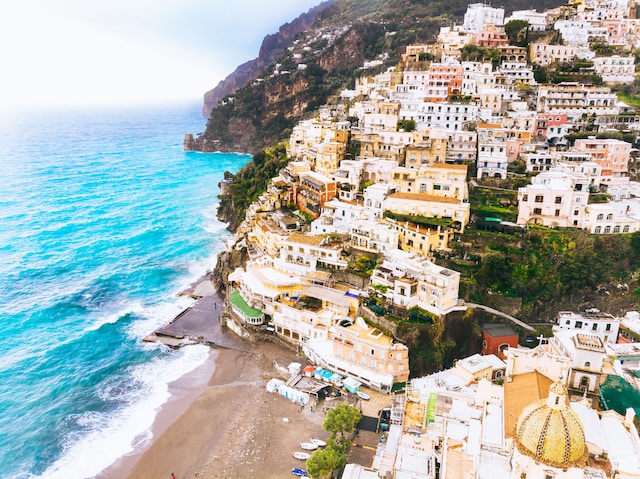

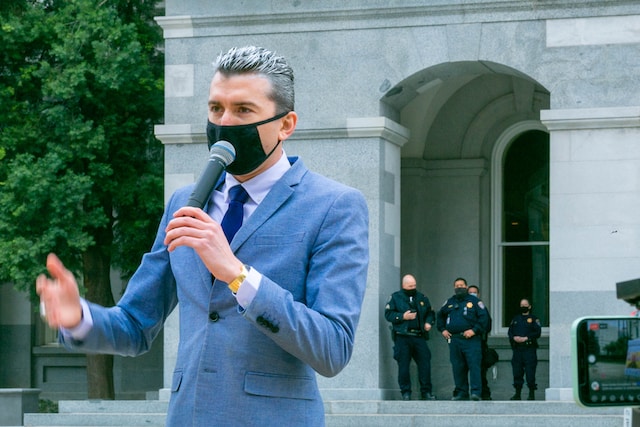
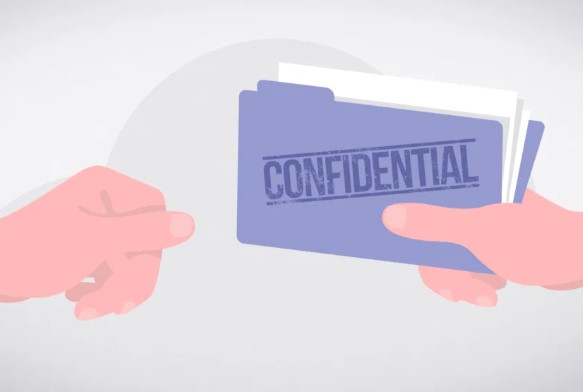







 As the world transitions towards renewable energy, solar power has emerged as a popular option. However, the use of solar panels also raises the question of their disposal and reuse. With the increasing demand for solar panels, there is a growing market for second-hand solar panels (source: Tweedehands zonnepanelen). But the politics surrounding the use of used solar panels is complex, with arguments on both sides.
As the world transitions towards renewable energy, solar power has emerged as a popular option. However, the use of solar panels also raises the question of their disposal and reuse. With the increasing demand for solar panels, there is a growing market for second-hand solar panels (source: Tweedehands zonnepanelen). But the politics surrounding the use of used solar panels is complex, with arguments on both sides. Not a few political websites encourage the submission of guest blogs by putting out a General Write For Us request facilitated by traffic-driving, content marketers. Actually, such an invite is well received by content creators especially if the request comes from highly rated political sites. After all, the latter already have a substantial number and broad range of followers and subscribers. Those are significant factors since the goal of content marketing is to meet consumers in the Internet spaces they often visit.
Not a few political websites encourage the submission of guest blogs by putting out a General Write For Us request facilitated by traffic-driving, content marketers. Actually, such an invite is well received by content creators especially if the request comes from highly rated political sites. After all, the latter already have a substantial number and broad range of followers and subscribers. Those are significant factors since the goal of content marketing is to meet consumers in the Internet spaces they often visit. Unlike op eds or opinionated essays, guest blogs can be general in nature as bloggers need only to incorporate a link. The purpose of which is to drive traffic to the web page located in the guest blogger’s site.
Unlike op eds or opinionated essays, guest blogs can be general in nature as bloggers need only to incorporate a link. The purpose of which is to drive traffic to the web page located in the guest blogger’s site. Additionally, as links to web pages of useful information get to spread across the web, the Uniform Resource Locator or URLs serve as SEO link builders. Such elements help direct traffic to the resource website inasmuch as the search engine bots will use the URLs in its data source-indexing processes.
Additionally, as links to web pages of useful information get to spread across the web, the Uniform Resource Locator or URLs serve as SEO link builders. Such elements help direct traffic to the resource website inasmuch as the search engine bots will use the URLs in its data source-indexing processes. Engaging in respectful conversations about political and religious topics is essential in a world where people are increasingly polarized. While these discussions can be challenging, they provide a valuable opportunity to gain insight into different perspectives and develop a deeper understanding of ourselves and others.
Engaging in respectful conversations about political and religious topics is essential in a world where people are increasingly polarized. While these discussions can be challenging, they provide a valuable opportunity to gain insight into different perspectives and develop a deeper understanding of ourselves and others.










 Every day, it appears as if we come to life with an excessive amount of news. The flashpoints of this youthful century—national dysfunction, state-level pressure, global conflict on a scale we’ve not seen in decades, and a world population on the move. With such a lot to be told so much to understand, it’s no surprise that we insist that we’ve got received a reality that’s an excessive amount to know.
Every day, it appears as if we come to life with an excessive amount of news. The flashpoints of this youthful century—national dysfunction, state-level pressure, global conflict on a scale we’ve not seen in decades, and a world population on the move. With such a lot to be told so much to understand, it’s no surprise that we insist that we’ve got received a reality that’s an excessive amount to know.